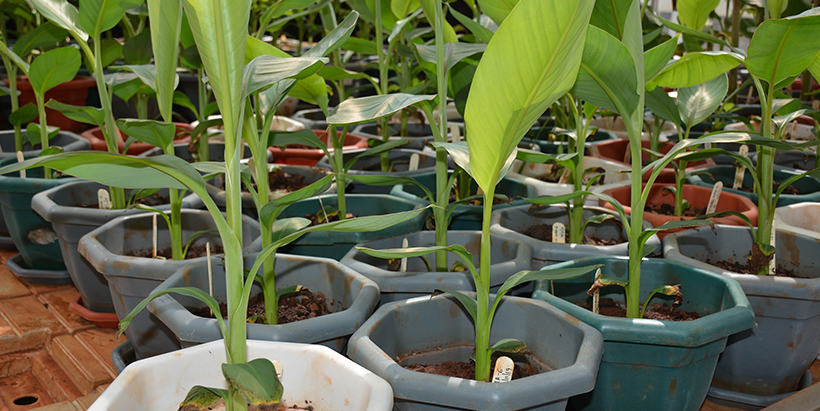To address this urgent need, Africa needs to adopt sustainable intensification of agriculture to close the yield gap in staple crops, where tools, including biotechnology and traditional approaches, are recommended for crop improvement.
The recent study titled “Genome Editing for Sustainable Agriculture in Africa” published in the journal Frontiers in Genome Editing revealed the need and efficiency of exploring genome editing as an addition to conventional technologies for developing improved crop varieties.
The study noted that CRISPR-based genome editing has rapidly become the most prevalent genetic engineering approach for developing improved crop varieties because of its simplicity, efficiency, specificity, and ease of use. Genome editing technologies allow targeted manipulation of the plant genomes, accelerating breeding efforts to develop improved crop varieties. It can also reduce inputs such as fertilizers and pesticides, increase yields, improve nutrition, and develop climate-resilient crops.
The study, led by Leena Tripathi, Research Director at the IITA, with her team, Valentine Ntui, Easter Syombua, Samwel Muiruri, and Jaindra N. Tripathi, in collaboration with Kanwarpal Dhugga and Zhengyu Wen from the International Maize and Wheat Improvement Center (CIMMYT), Mexico and Steven Runo from the Kenyatta University, Kenya, explores the recent advances and progress in the CRISPR/Cas9-based genome editing efforts with major staple food crops grown in several countries in Africa.
The researchers in Africa use genome editing tools to improve African staple crops for biotic and abiotic stress resistance and improved nutritional quality. The crops under development include disease-resistant banana, maize resistant to lethal necrosis, and sorghum resistant to the parasitic plant Striga and enhanced quality for African farmers.
The study noted that CRISPR-based genome editing has rapidly become the most prevalent genetic engineering approach for developing improved crop varieties because of its simplicity, efficiency, specificity, and ease of use. Genome editing technologies allow targeted manipulation of the plant genomes, accelerating breeding efforts to develop improved crop varieties. It can also reduce inputs such as fertilizers and pesticides, increase yields, improve nutrition, and develop climate-resilient crops.
The study, led by Leena Tripathi, Research Director at the IITA, with her team, Valentine Ntui, Easter Syombua, Samwel Muiruri, and Jaindra N. Tripathi, in collaboration with Kanwarpal Dhugga and Zhengyu Wen from the International Maize and Wheat Improvement Center (CIMMYT), Mexico and Steven Runo from the Kenyatta University, Kenya, explores the recent advances and progress in the CRISPR/Cas9-based genome editing efforts with major staple food crops grown in several countries in Africa.
The researchers in Africa use genome editing tools to improve African staple crops for biotic and abiotic stress resistance and improved nutritional quality. The crops under development include disease-resistant banana, maize resistant to lethal necrosis, and sorghum resistant to the parasitic plant Striga and enhanced quality for African farmers.


No comments:
Post a Comment